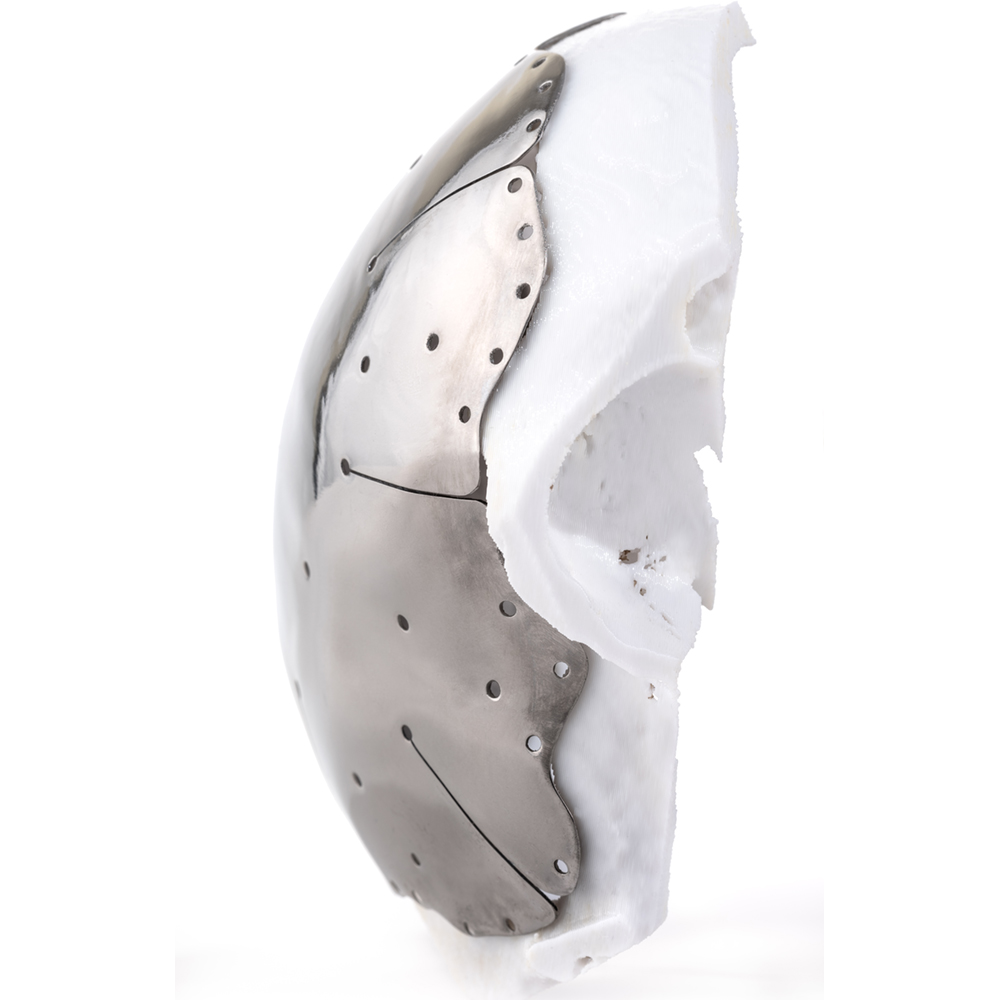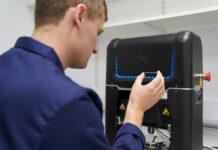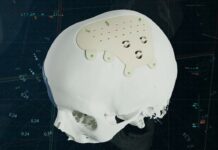The production of maxillofacial implants and surgical guides remains a big challenge for hospitals that cannot afford the right technology. In order to produce implants that best fits the patient’s body, doctors tend to turn to additive manufacturing. University Dental Hospital of Wales (UDH) illustrates the way AM contributes to the production of implants.
UDH called for Renishaw’s additive manufacturing (AM) services to manufacture a series of dental products, including cobalt chrome frameworks. However, the hospital has also been using AM to produce custom maxillofacial implants and surgical guides.
It has been proven that customization enables to reduce surgery time compared to standard implants that might need modifications if it does not fit the patient perfectly. Customized implants can definitely reduce the risks related to extended time under anaesthesia; not to mention that reduction of time obviously implies reduction of cost of the surgery.
“Several hospitals are reaping the benefits of additive manufacturing in implant production,” explained Roger Maggs, Senior Chief Dental Technologist and Head of Dental Technology Services at UDH. “We have the advantage of having worked with Renishaw for three years in the dental field. This has put us ahead of the game and in a position where we can now start thinking about producing more unique designs that will benefit our surgeons.”
UDH treats 100,000 patients per year and acts as a teaching hospital for Cardiff University’s School of Dentistry. It is the only teaching dental hospital in Wales and provides unique and important leadership in dental research, teaching and patient care.
For further information about 3D Printing, follow us on our social networks and subscribe to our newsletter!
Would you like to be featured in the next issue of our digital magazine? Send us an email at contact@3dadept.com





